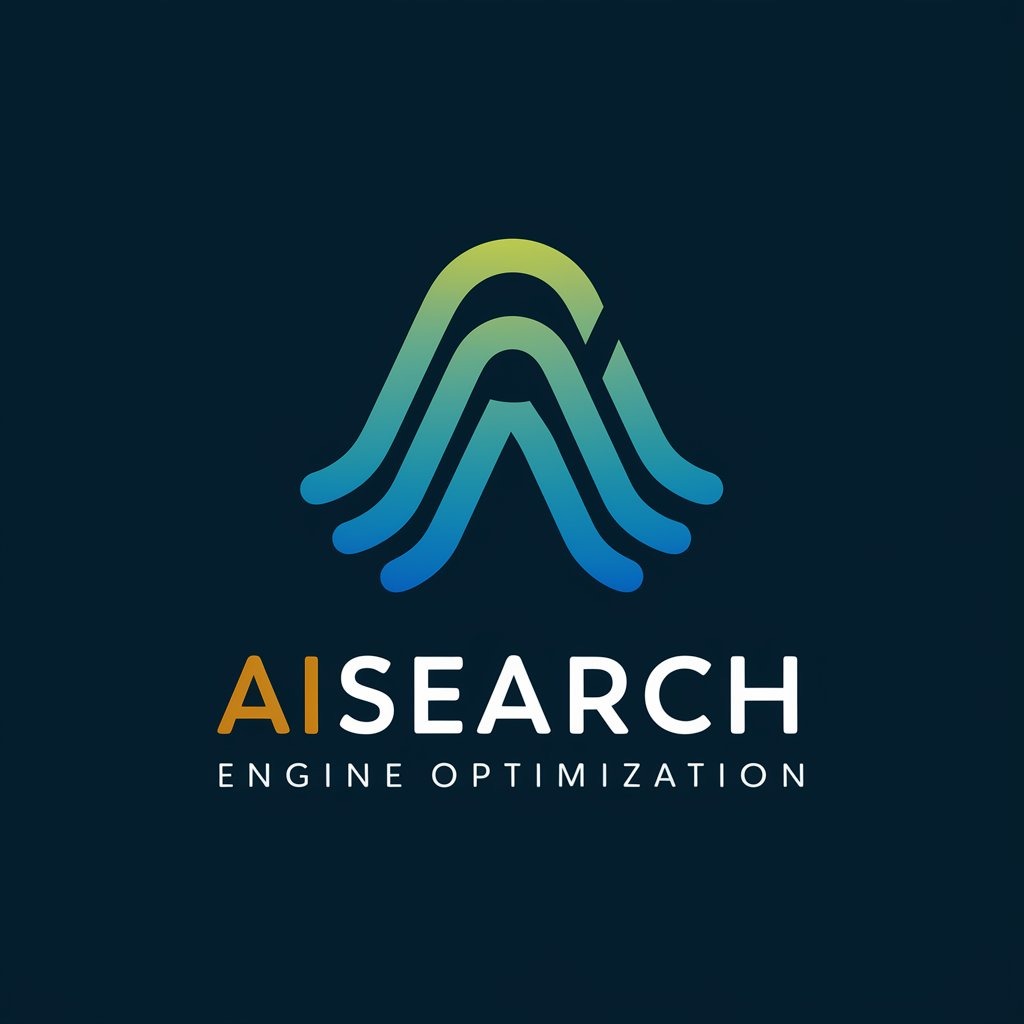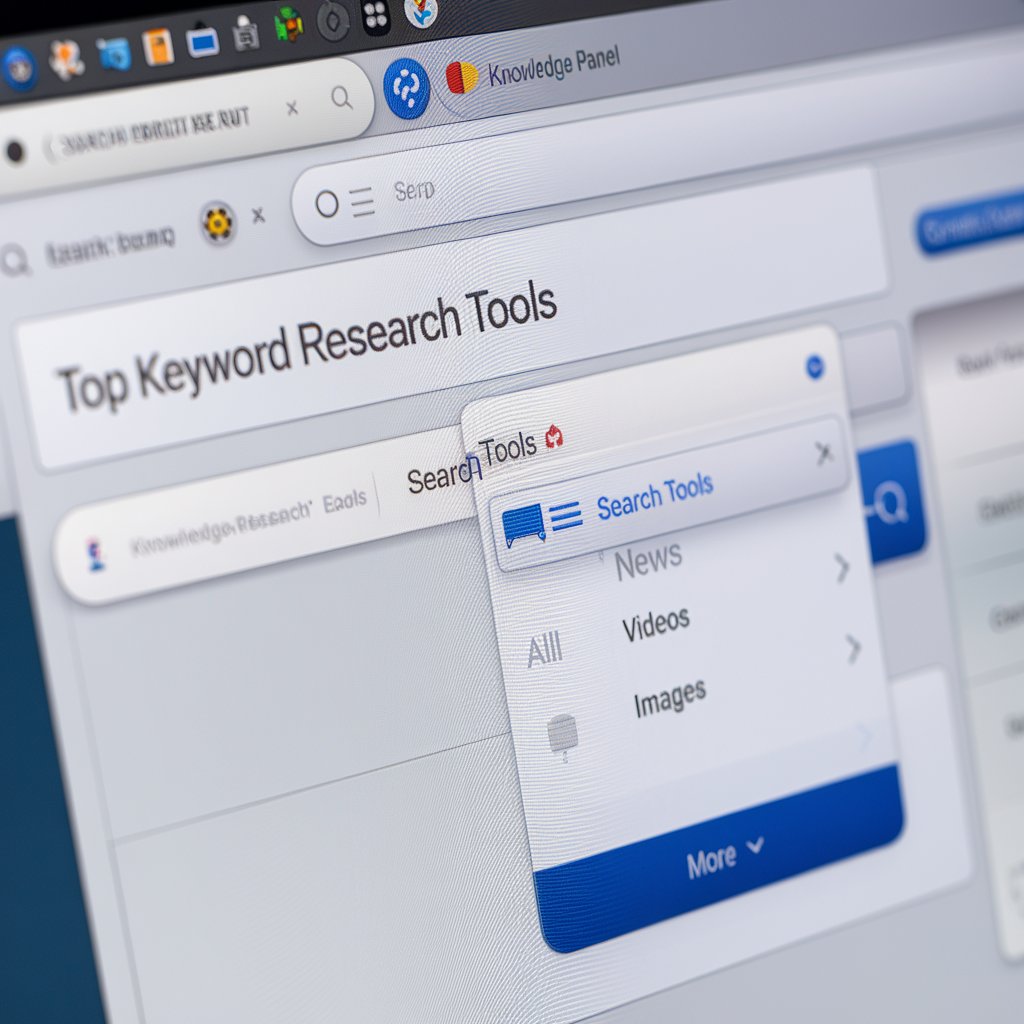What is AI and how is it used in Search Engine Optimization (SEO)?
Artificial Intelligence (AI) refers to the simulation of human intelligence in machines. These systems are designed to think, learn, and adapt like a human being.
In Search Engine Optimization (SEO), AI plays a transformative role. It processes vast amounts of data at incredible speeds. This allows marketers to glean insights that would be impossible manually.
AI algorithms analyze user behavior and search patterns. They help predict what users want before they even type their queries. By understanding context and intent, AI enhances the relevance of search results.
Furthermore, AI tools can automate tedious tasks such as keyword tracking or site audits. This frees up time for SEO professionals to focus on strategy and creative content development.
As technology evolves, the integration of AI into SEO continues to grow, making it an essential element for digital marketing success.
Advantages of using AI in SEO
AI enhances the efficiency of SEO strategies, minimizing time spent on routine tasks. Automated processes allow marketers to focus on more creative aspects of their campaigns.
With advanced algorithms, AI analyzes vast amounts of data quickly. This capability leads to smarter decision-making and refined targeting.
Personalization is another significant advantage. AI tools can tailor content based on user behavior and preferences, improving engagement rates.
Furthermore, predictive analytics plays a crucial role in anticipating trends before they emerge. Businesses can stay ahead by adjusting their strategies proactively.
AI also aids in competitive analysis by monitoring rivals’ performance and tactics effortlessly. Gaining insights into competitors allows companies to adjust their approaches strategically.
AI reduces human error in keyword optimization and technical audits. Enhanced accuracy ensures that your website remains compliant with ever-evolving search engine guidelines.
The Role of AI in Keyword Research
AI is reshaping how we approach keyword research. Traditional methods often involve guesswork and manual analysis, but AI brings precision to the table.
By analyzing vast amounts of data quickly, AI tools identify valuable keywords that resonate with target audiences. They sift through search trends, user behavior, and competitor strategies in real-time.
Natural Language Processing (NLP) plays a crucial role here. It helps understand the context behind searches, allowing marketers to discover long-tail keywords that might have been overlooked otherwise.
Furthermore, predictive analytics can forecast emerging trends. This means businesses can stay ahead of their competitors by capitalizing on new opportunities before they become saturated.
The integration of AI allows for smarter decisions in crafting content strategies tailored to actual user intent rather than relying solely on intuition or outdated data.
How AI Helps with Content Creation and Optimization
AI streamlines content creation by analyzing vast amounts of data to identify trends and topics that resonate with audiences. This capability allows marketers to generate ideas that are not just relevant but also timely.
With advanced algorithms, AI tools can suggest optimal keyword placements, ensuring that the content ranks well on search engines. They analyze existing top-performing articles, providing insights into structure and style.
Moreover, AI-driven writing assistants can enhance readability by offering grammar corrections and stylistic improvements in real-time. These tools cater to various tones and formats, making it easier for creators to maintain consistency across different pieces.
Additionally, predictive analytics enable content optimization based on user engagement metrics. By understanding what keeps readers interested or leads them to leave a page quickly, businesses can refine their strategies effectively.
Improving User Experience with AI-driven SEO techniques
AI-driven SEO techniques significantly enhance user experience by personalizing content and streamlining navigation. Machine learning algorithms analyze user behavior, allowing websites to deliver tailored recommendations that resonate with visitors.
Content relevance is prioritized through AI tools, ensuring users find what they need quickly. By understanding search intent better than ever before, these technologies predict queries and optimize results accordingly.
Additionally, chatbots powered by AI provide real-time assistance. Users can receive instant answers to their questions without navigating away from the site. This immediacy enhances satisfaction and keeps engagement levels high.
Moreover, AI helps identify areas of improvement in website design based on user interaction data. Websites become more intuitive as unnecessary steps are eliminated, leading to a smoother journey for visitors.
Altogether, these advancements create a seamless online experience that meets users’ evolving needs while keeping them engaged longer.
Case Studies of Successful Companies Implementing AI in SEO
Several leading companies have harnessed the power of AI in their SEO strategies with remarkable results.
For instance, Netflix employs machine learning algorithms to understand user preferences and optimize content recommendations. This not only enhances user engagement but also improves visibility on search engines.
Another notable example is Airbnb, which uses natural language processing tools to analyze travel trends and keywords. By tailoring their content strategy around these insights, they have significantly increased organic traffic.
Then there’s HubSpot, utilizing AI-powered analytics to refine its keyword research process. This approach has enabled them to identify high-value keywords effectively while streamlining their content creation efforts.
These case studies highlight how integrating AI into SEO practices can lead to substantial improvements in search performance and overall business success. Each company demonstrates that leveraging technology can provide a competitive edge in today’s digital landscape.
Future Predictions for the Integration of AI in SEO
The future of AI in Search Engine Optimization is poised for remarkable evolution. As algorithms become more sophisticated, we can expect AI to refine search results with unprecedented accuracy. This will lead to a more personalized user experience.
Additionally, voice search and natural language processing are set to reshape keyword strategies. SEO professionals may need to adapt by focusing on conversational phrases rather than just traditional keywords.
AI tools will likely continue improving content optimization processes too. Automated suggestions for structure and style could help writers create material that resonates better with audiences.
Moreover, predictive analytics might gain traction, allowing businesses to anticipate trends before they emerge. This proactive approach could revolutionize digital marketing strategies entirely.
Ethical considerations surrounding AI use in SEO will gain prominence. Striking the right balance between automation and human touch will be crucial as companies navigate this evolving landscape.
Conclusion
The landscape of Search Engine Optimization is rapidly changing, largely due to the integration of AI technologies. Businesses that embrace AI in their SEO strategies are better equipped to stay ahead of competitors and meet evolving consumer expectations. From enhanced keyword research to streamlined content creation, the benefits are numerous.
As companies continue to adopt AI-driven techniques, it will be interesting to see how these tools evolve and shape our understanding of search engines. While challenges remain—such as potential biases or data privacy concerns—the future holds exciting possibilities for those willing to innovate.
With ongoing advancements in machine learning and natural language processing, we can expect even greater improvements in user experience and engagement levels across websites. The synergy between AI and SEO represents not just a trend but a fundamental shift towards smarter search optimization practices that could redefine digital marketing strategies for years to come.



